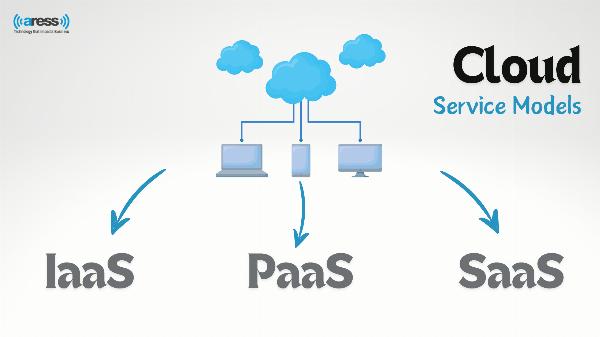Cloud Computing Service Providers: Finding The Future Of Digital Infrastructure

Strong 8k brings an ultra-HD IPTV experience to your living room and your pocket.
Cloud computing has revolutionized how businesses manage and leverage technology infrastructure. As organizations increasingly rely on cloud services to enhance agility, scalability, and cost-efficiency, the role of cloud computing service providers becomes crucial. These providers play a pivotal role in delivering a wide range of services that empower businesses to innovate, optimize operations, and accelerate growth. Cloud computing service providers offer a spectrum of services that cater to diverse business needs. These services typically include:
1. Infrastructure as a Service (IaaS):
Providers offer virtualized computing resources over the Internet, including virtual machines, storage, and networking capabilities. This allows businesses to scale resources up or down based on demand, without investing in physical hardware.
2. Platform as a Service (PaaS):
PaaS providers offer a platform that enables developers to build, deploy, and manage applications without the complexity of infrastructure management. This accelerates application development cycles and reduces time-to-market for new products and services.
3. Software as a Service (SaaS):
SaaS providers deliver software applications over the internet on a subscription basis. This eliminates the need for organizations to install and maintain software locally, providing access to applications from any device with an internet connection.
Key Players in the Cloud Computing Landscape
Several prominent companies dominate the cloud computing service provider market:
1. Amazon Web Services (AWS):
AWS is a leading provider of IaaS, PaaS, and SaaS solutions, offering a comprehensive suite of cloud services including Amazon EC2, Amazon S3, and AWS Lambda. AWS's global infrastructure and extensive service portfolio cater to businesses of all sizes across various industries.
2. Microsoft Azure:
Azure is Microsoft's cloud computing platform offering IaaS, PaaS, and SaaS solutions. Azure's integration with Microsoft's ecosystem, including Windows Server and Office 365, makes it a preferred choice for enterprises seeking hybrid cloud solutions and AI-driven capabilities.
3. Google Cloud Platform (GCP):
GCP provides a robust set of cloud computing services, emphasizing data analytics, machine learning, and container orchestration with Kubernetes. GCP's global network and commitment to sustainability appeal to organizations looking for innovative cloud solutions.
4. IBM Cloud:
IBM Cloud offers IaaS, PaaS, and SaaS solutions tailored for enterprise clients, with a focus on hybrid cloud deployments, AI-powered analytics through IBM Watson, and blockchain-as-a-service offerings. IBM's industry expertise and legacy in enterprise solutions make it a trusted partner for large-scale digital transformations.
5. Oracle Cloud:
Oracle Cloud provides a comprehensive suite of cloud services, including IaaS, PaaS, and SaaS solutions with a strong emphasis on database management, enterprise applications, and autonomous cloud capabilities. Oracle's integrated cloud offerings cater to organizations seeking robust enterprise-grade solutions.
Emerging Trends and Innovations
The cloud computing service provider landscape is continuously evolving with emerging trends and innovations:
1. Hybrid and Multi-Cloud Strategies:
Businesses are adopting hybrid and multi-cloud strategies to leverage the strengths of different cloud providers while maintaining control over sensitive data and applications.
2. Edge Computing Integration:
Edge computing is gaining prominence for applications requiring low latency and real-time data processing, complementing traditional cloud services.
3. Artificial Intelligence and Machine Learning:
Cloud providers are integrating AI and ML capabilities into their platforms to enhance automation, predictive analytics, and personalized user experiences.
4. Serverless Computing:
Serverless architectures are becoming popular for event-driven applications, allowing businesses to focus on code development without managing server infrastructure.
Conclusion
Cloud computing service providers are at the forefront of driving digital transformation across industries. By offering scalable, secure, and innovative solutions, these providers enable businesses to harness the full potential of cloud technology to achieve operational efficiencies, innovate faster, and deliver superior customer experiences. As the market continues to evolve, staying informed about the latest trends and choosing the right cloud computing service provider is essential for businesses looking to thrive in the digital economy.
Note: IndiBlogHub features both user-submitted and editorial content. We do not verify third-party contributions. Read our Disclaimer and Privacy Policyfor details.



